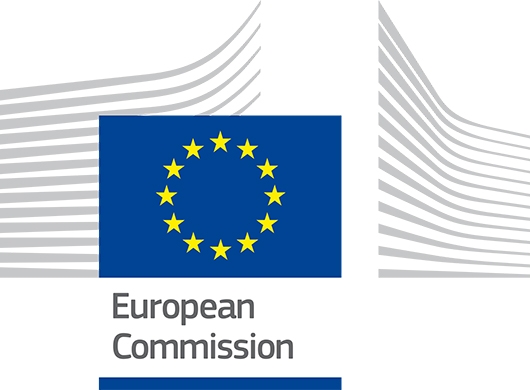Helping Lebanon in a time of crisis
Life in Lebanon has always been marked by resilience, but the challenges faced by its people today are unprecedented. Even before the recent conflict between Israel and Hezbollah, many Lebanese families struggled with poverty and hunger because of the ongoing financial and political crisis, while refugees from Syria and Palestine faced similar challenges, worsened by additional layers of vulnerability.
Now, the escalation of violence has plunged the country into deeper turmoil, with thousands of people being forced to leave their homes. As of November 2024, over 886,000 people have been internally displaced, according to the International Organization for Migration (IOM).
The conflict has also caused extensive casualties, including over 3,300 deaths and 14,000 injuries, according to local authorities, destroying critical infrastructure such as hospitals, water systems, and schools. Vulnerable groups, including refugees, the elderly, and people with disabilities, are at heightened risk, especially those living in areas subjected to intense bombardment.
With winter approaching, the situation is expected to worsen, especially for the displaced population already facing harsh weather conditions while struggling to meet basic needs.
Around 3.7 million people in Lebanon need humanitarian aid. To help them, the EU is providing funding to support those most in need. This includes assistance focusing on shelter, healthcare, protection, and legal services.
Since 2011, the EU has provided over €971 million in humanitarian aid to help Lebanese citizens and refugees. In 2024, the EU increased its funding to respond to the growing crisis, with several Member States sending medical supplies to help hospitals through the EU Civil Protection Mechanism.
The EU also launched a Humanitarian Air Bridge operation in October to bring urgent supplies to Lebanon. So far, 9 flights have delivered over 275 tonnes of essential aid donated by France and humanitarian partners.
Mercy Corps delivers essential cash assistance to 2,387 vulnerable individuals in Lebanon to uphold dignity and address their urgent needs.
Save the Children supports displaced children with recreational activities, family reunification services, and psychological support while also providing hygiene kits to families.
Our partner, Médecins du Monde, provides essential sexual and reproductive healthcare, mental health support, and rehabilitation services at Rafic Hariri University Hospital in Beirut.
Thanks to €12.8 million in EU funding, the Danish Refugee Council, INTERSOS, and 5 Lebanese NGOs support displaced people in collective shelters by distributing mattresses, pillows, hot meals, and kitchen kits.
Our partner, WHO, supplied 6 major hospitals in Beirut with essential resources, enabling 1,300 surgical procedures to treat 650 trauma patients.
Through a dedicated EU Humanitarian Air Bridge operation, since October, 9 flights have delivered over 275 tonnes of supplies donated by France and partners.
Thanks to €4 million in EU funding, UNRWA shelters in Lebanon provide refuge to over 3,600 displaced people, including Palestinian refugees, Syrians, and Lebanese, and supports 23,000 Palestinian refugees with cash assistance.
Story by Federica Cuccia, Information and Communication Officer for the Middle East and North Africa, European Civil Protection and Humanitarian Aid.
Publication date: 27/11/2024
